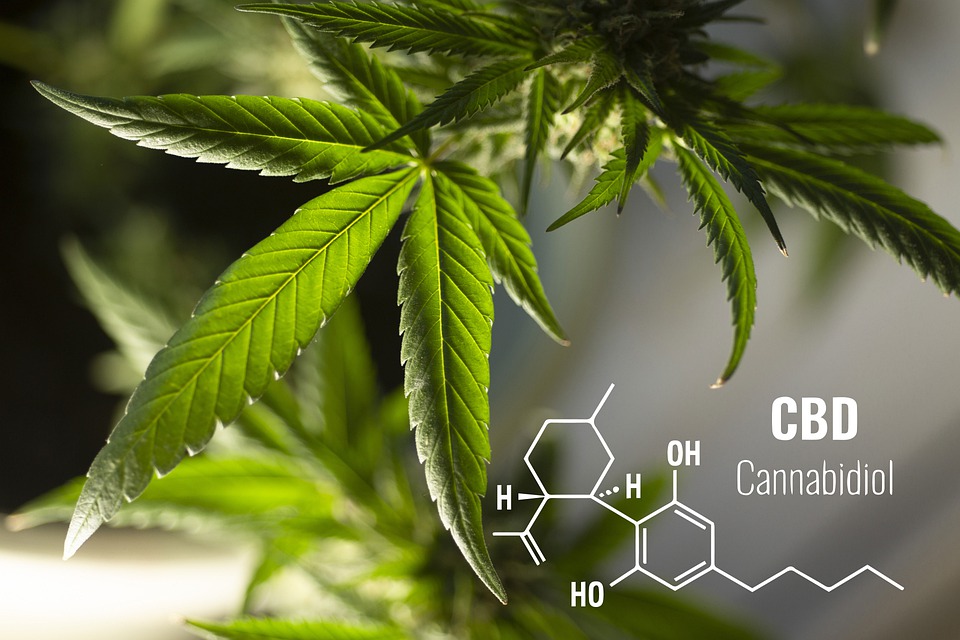Why CBD Is Not for Everyone
Did you know CBD is not for everyone?
Cannabidiol (CBD) has gained significant popularity in recent years, touted for its potential therapeutic benefits and widely available in various forms, from oils to gummies. However, despite its rising acclaim, CBD is not a one-size-fits-all solution and may not be suitable for everyone. In this post, we’ll explore why CBD might not be the best choice for some individuals, examining various factors including side effects, interactions with medications, legal considerations, and individual health conditions.
Contents
Understanding CBD
CBD is a compound derived from the cannabis plant, often associated with the broader category of cannabinoids. Unlike tetrahydrocannabinol (THC), another well-known cannabinoid, CBD does not produce psychoactive effects or a “high.” Instead, it’s often used for its potential calming effects and therapeutic properties. People use CBD to address a range of issues, including anxiety, chronic pain, and sleep disturbances.
1. Potential Side Effects
While many people use CBD without experiencing adverse effects, it is not entirely without risks. Common side effects reported include:
- Fatigue: Some individuals report feeling unusually tired or fatigued after taking CBD, which can affect daily activities and overall quality of life.
- Digestive Issues: Nausea, diarrhea, and changes in appetite can occur, especially when starting with higher doses or using CBD in large quantities.
- Dry Mouth: CBD can decrease saliva production, leading to a dry mouth, which can be uncomfortable and lead to dental issues if not managed properly.
- Changes in Mood: Although rare, some users report changes in mood or irritability, which may not be conducive to their well-being.
For individuals with sensitive systems or pre-existing health issues, these side effects might outweigh the potential benefits of CBD.
2. Interactions with Medications
CBD can interact with various medications, which can potentially lead to complications or reduced effectiveness of prescribed treatments. Here are a few ways CBD may affect medications:
- Enzyme Interference: CBD can inhibit the activity of cytochrome P450 enzymes in the liver, which are responsible for metabolizing many drugs. This interference can lead to higher levels of certain medications in the bloodstream, increasing the risk of adverse effects.
- Blood Thinners: CBD has been known to potentially affect the effectiveness of blood thinners like warfarin, which could alter clotting processes and increase bleeding risks.
- Sedatives: When used in conjunction with sedatives or anti-anxiety medications, CBD may enhance their effects, leading to excessive drowsiness or impaired cognitive function.
Before starting CBD, it is crucial to consult with a healthcare provider, particularly if you are on medication or have a complex health condition.
3. Legal and Quality Concerns
The legal status of CBD varies significantly by region and country. In some places, CBD derived from hemp is legal, while CBD derived from marijuana may face stricter regulations. Here are key considerations:
- Legal Status: Ensure that CBD is legal in your jurisdiction. In some areas, possessing or using CBD can still be subject to legal restrictions or require specific licensing.
- Quality and Purity: The CBD market is not uniformly regulated, leading to variability in product quality. Some products may be mislabeled or contaminated with other substances, including THC or harmful additives. It’s essential to choose products from reputable brands that provide third-party lab testing to confirm purity and concentration.
4. Pre-Existing Health Conditions
Certain health conditions may affect how CBD is metabolized or how it interacts with your body:
- Liver Disease: Individuals with liver conditions may experience altered metabolism of CBD, necessitating cautious use and potential dosage adjustments.
- Pregnancy and Breastfeeding: There is limited research on the safety of CBD use during pregnancy and breastfeeding. It is generally advised to avoid CBD during these periods unless specifically recommended by a healthcare professional.
- Mental Health Disorders: While some people use CBD to manage symptoms of anxiety and depression, others may experience changes in mood or exacerbate pre-existing mental health conditions.
Consulting with a healthcare provider is essential for those with pre-existing health conditions or concerns about how CBD might impact their specific health needs.
5. Dosage and Efficacy
Determining the correct dosage of CBD can be challenging, as there is no universal guideline. The effectiveness of CBD may vary based on factors such as:
- Individual Response: Everyone’s body responds differently to CBD, and finding the right dose can involve some trial and error.
- Product Type: CBD is available in various forms, including oils, capsules, and topical applications. Each method of consumption may have different absorption rates and efficacy levels.
If not used correctly, CBD may not provide the desired therapeutic benefits and could lead to ineffective or suboptimal outcomes.
6. Ethical and Personal Beliefs
Some individuals may choose to avoid CBD due to personal or ethical beliefs:
- Cannabis Stigma: Despite growing acceptance, some people still hold reservations about using cannabis-derived products due to societal stigma or personal beliefs.
- Source of CBD: Concerns about the source and production of CBD, including issues related to sustainability and ethical practices, can also influence personal decisions.
Conclusion
CBD holds promise for many, offering potential relief from various conditions. However, it is not a universal remedy and may not be suitable for everyone. Understanding the potential side effects, interactions with medications, legal issues, and individual health considerations is crucial before incorporating CBD into your wellness routine. Always consult with a healthcare provider to ensure that CBD is a safe and appropriate choice for your specific needs.
Listen, by being well-informed and considering all factors, you can make a more educated decision about whether CBD is the right option for you or anyone you know.




